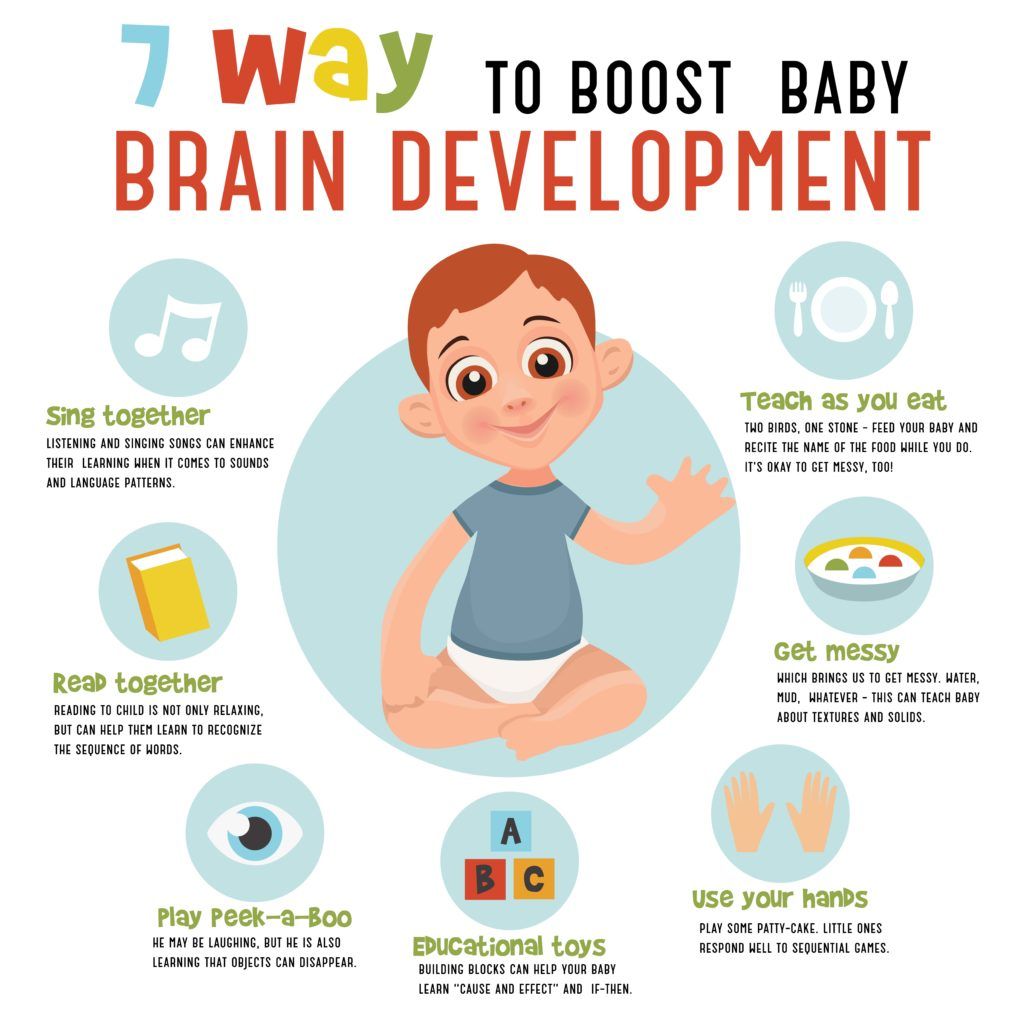 Source: bing.com
Source: bing.comWelcoming a baby into the world is a wonderful experience. As a parent, you want to ensure that your baby grows and develops in every aspect. One of the essential aspects of your baby’s growth is the development of their brain. The human brain is a complex organ that requires years of development to reach its full potential. In this article, we will discuss the different stages of baby brain growth and development.
Table of Contents
The Importance of Baby Brain Growth and Development
The brain is the control center of the human body. It controls every aspect of our lives, from breathing to thinking, feeling, and moving. The brain is responsible for learning, memory, and behavior. Therefore, it is crucial to ensure that your baby’s brain develops correctly. A baby’s brain develops at a rapid pace during the first few years of life. The experiences your baby has during this time impact how their brain develops and functions.
The Stages of Baby Brain Growth and Development
The development of the brain begins before birth and continues throughout infancy, childhood, and adolescence. Here are the various stages of baby brain growth and development:
Prenatal Brain Development
The brain develops rapidly during the prenatal stage. The neural tube, which forms the brain and spinal cord, develops within the first month of pregnancy. The brain’s basic structure forms around the third week of pregnancy, and by the 12th week, the brain’s major structures are formed. During the second trimester, the brain’s outer layer continues to develop, and the brain’s neurons begin to connect.
Infancy Brain Development
The first year of a baby’s life is a critical period for brain development. The brain develops at a rapid pace, and connections between neurons are formed. During this stage, your baby’s brain develops essential functions such as sight, hearing, speech, and motor skills. It is also during this stage that the brain’s plasticity is at its highest. Plasticity refers to the brain’s ability to change and adapt based on experiences.
Toddler Brain Development
A toddler’s brain continues to develop at a rapid pace. During this stage, the brain’s regions responsible for language, social-emotional development, and cognitive function continue to develop. As your toddler explores their environment, their brain is exposed to new experiences, which helps to shape their brain development.
Preschooler Brain Development
During the preschool years, the brain continues to develop, and connections between neurons are strengthened. Children during this stage are more curious and ask many questions. Their brains are wired to learn and absorb information. This stage is essential for developing skills such as problem-solving and decision-making.
School Age Brain Development
During the school-age years, the brain’s plasticity begins to decrease, and the connections between neurons become more efficient. Children during this stage are more capable of complex thinking and reasoning. It is during this stage that children acquire essential skills such as reading, math, and writing.
How to Support Baby Brain Growth and Development
As parents, you play a crucial role in supporting your baby’s brain growth and development. Here are some ways to support your baby’s brain growth and development:
- Provide a safe and nurturing environment
- Talk and interact with your baby
- Encourage playtime and exploration
- Read to your baby
- Provide a healthy diet
Conclusion
In conclusion, baby brain growth and development are critical in ensuring your baby reaches their full potential. The experiences your baby has during the early years of life play a significant role in shaping their brain development. As a parent, you play a crucial role in supporting your baby’s brain growth and development. By providing a safe and nurturing environment and engaging in interactive activities, you can help your baby reach their full potential.
Frequently Asked Questions About Baby Brain Growth and Development
Q: How can I tell if my baby’s brain is developing correctly?
A: Some signs that your baby’s brain is developing correctly include making eye contact, responding to sounds, and reaching for objects.
Q: Can lack of stimulation affect my baby’s brain development?
A: Yes, lack of stimulation can affect your baby’s brain development. It is essential to provide a safe and nurturing environment that encourages play and exploration.
Q: How can I support my baby’s language development?
A: Some ways to support your baby’s language development include talking and interacting with your baby, reading to your baby, and singing songs to your baby.
Q: How long does it take for the brain to reach full development?
A: The brain continues to develop throughout childhood and adolescence. The brain reaches full development in the early 20s.
Q: Can a baby’s brain development be improved?
A: Yes, a baby’s brain development can be improved by providing a safe and nurturing environment, engaging in interactive activities, and providing a healthy diet.
